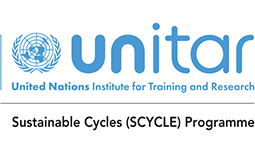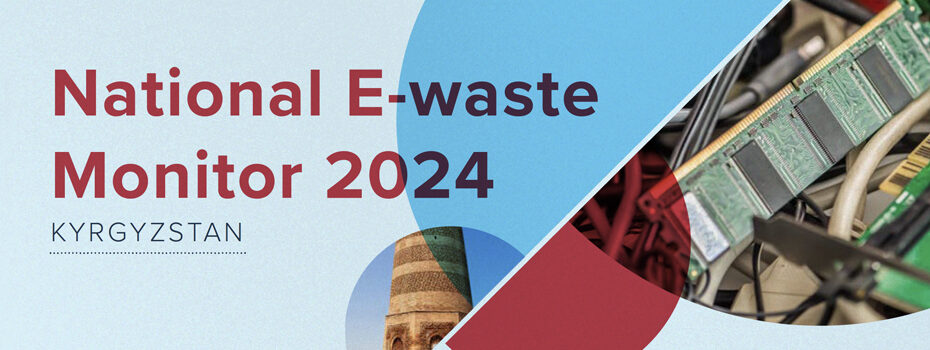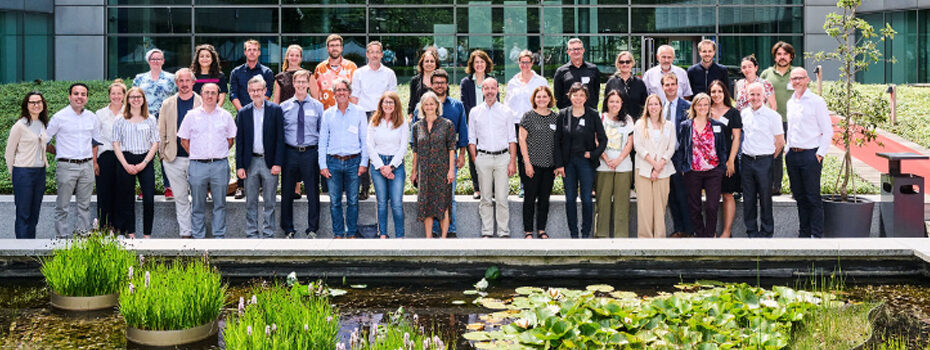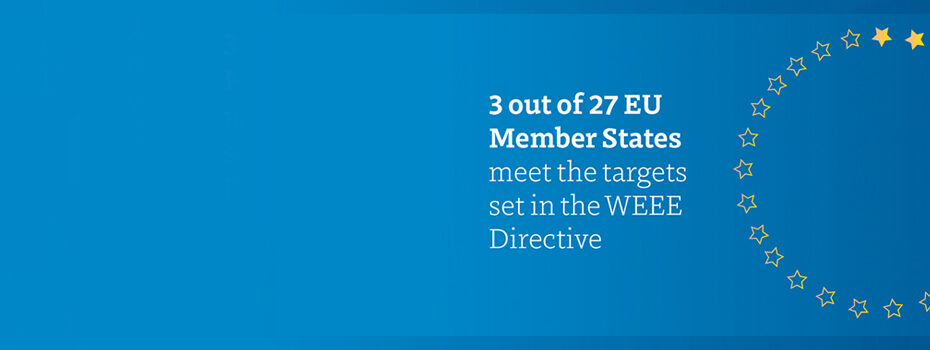Regional E-waste Monitor for the Western Balkans
4 months ago Ruediger Kuehr Comments Off on Regional E-waste Monitor for the Western Balkans
E-Waste landscape in Western Balkans: progress, obstacles, and recommendations for a more sustainable sector.
In the Western Balkan nations—comprising Albania, Bosnia and Herzegovina, Montenegro, North Macedonia, and Serbia—an upswing in e-waste is underway, echoing global trends. Drivers of this increase include technological innovations, short product lifespans, and a growing middle class. The Regional E-waste Monitor for the Western Balkans, a collaborative effort involving ITU, UNEP, and UNITAR, compiles regional and national e-waste statistics that are internationally comparable. Offering factual insights, the report meticulously analyzes statistics, key stakeholders, existing policies and legislation, available infrastructure and technological practices. In addition to highlighting challenges, the report puts forth recommendations for effectively addressing the e-waste issue.
The Electrical and Electronic Equipment (EEE) Placed on Market (POM) in the region increased from 0.16 Mt in 2010 to 0.21 Mt in 2021, while the e-waste generated observed a 67% increased and nearly doubled from 0.09 Mt to 0.15 Mt during the same period. Large Equipment (Category IVa) and Small Equipment (Category V) constitute the majority of both EEE POM and e-waste generated.
 Despite specific legislation and Extended Producer Responsibility (EPR) schemes, challenges persist, with only two countries currently having functioning EPR schemes. The region also faces hurdles such as a lack of reliable data and reporting systems, hindering proper enforcement and monitoring, and a limited collection and recycling infrastructure.
Despite specific legislation and Extended Producer Responsibility (EPR) schemes, challenges persist, with only two countries currently having functioning EPR schemes. The region also faces hurdles such as a lack of reliable data and reporting systems, hindering proper enforcement and monitoring, and a limited collection and recycling infrastructure.
The region collected and managed 38.4 kt of e-waste in 2021, achieving a total collection rate of 27%. Environmentally sound e-waste management, critical for resource conservation and environmental protection, could recover 4.2 kt of secondary raw materials from e-waste in 2021, equivalent to $34 million USD, while avoiding 76.4 kt of CO2-equivalent emissions, but this is not practiced in all Western Balkans countries and could be improved.
However, the Western Balkans show commitment in addressing the e-waste challenge and are progressing gradually towards the application of circular economy principles also on the e-waste field, by refining the legislative framework, investing on the infrastructure and promoting awareness raising campaigns, as all the initiatives mapped in the Monitor can witness.
Six general recommendations are proposed for a comprehensive approach: (i) Prevent More, (ii) Be More Aware, (iii) Collect More, (iv) Treat better, Work safely, Pollute Less, (v) Pay Adequately, and (vi) Train More. Transnational cooperation is also crucial for effective implementation, considering the shared challenges and opportunities in the region.
Download pdfThe report is also available on https://www.ewastemonitor.info





